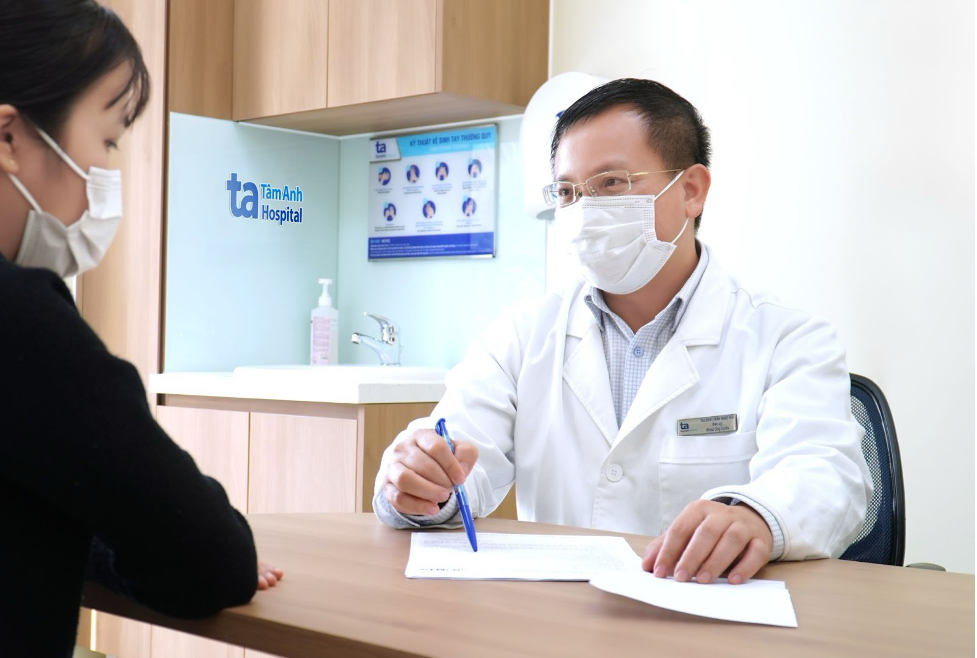Answer:
Stomach cancer develops from gene mutations in the DNA of stomach cells, caused by dysplasia and metaplasia. These gene mutations can be either inherited or acquired. Acquired mutations occur randomly when normal cells divide or are triggered by environmental and lifestyle factors such as air pollution, H. pylori infection, alcohol consumption, and smoking.
Most stomach cancers result from acquired mutations, while a smaller percentage are due to inherited mutations, where individuals inherit genes that increase their cancer risk from their parents. Although inherited mutations account for a smaller proportion of cases, they significantly elevate cancer risk. Regular checkups and screenings are crucial for managing this risk.
Your early onset of stomach cancer at 36 may suggest a genetic predisposition, as the average age of onset is after 60. Genetic testing can determine if your cancer is due to an inherited mutation. If so, not only your children but also all your first-degree relatives, including your parents and siblings, are at risk and should undergo genetic testing to assess their risk.
 |
Doctor Hai consults with a cancer patient. Photo illustration: Tam Anh General Hospital |
Depending on the results of the genetic tests, doctors can advise on early screening and prevention strategies. If you test positive for a gene mutation with a low risk of stomach cancer, your first-degree relatives will only need a gastroscopy every two to three years.
If you test positive for a mutation that substantially increases stomach cancer risk, such as the CDH1 mutation, gastroscopies are recommended every 6-12 months. Your relatives might need biopsies and potentially a total gastrectomy as a lifelong preventative measure.
If the genetic tests are negative, your first-degree relatives are not at risk of inheriting stomach cancer. However, stomach cancer can develop from acquired mutations influenced by environment and lifestyle. Therefore, family members should still adopt preventative measures such as a healthy diet rich in fruits and vegetables, reduced salt and red meat intake, avoiding smoking and alcohol. Maintaining a healthy weight and promptly treating stomach conditions like ulcers and H. pylori infections also help prevent stomach cancer.
MSc. Dr. Tran Ngoc Hai
Oncology Department
Tam Anh General Hospital, Hanoi
| Readers can submit questions about cancer here for doctors to answer. |












